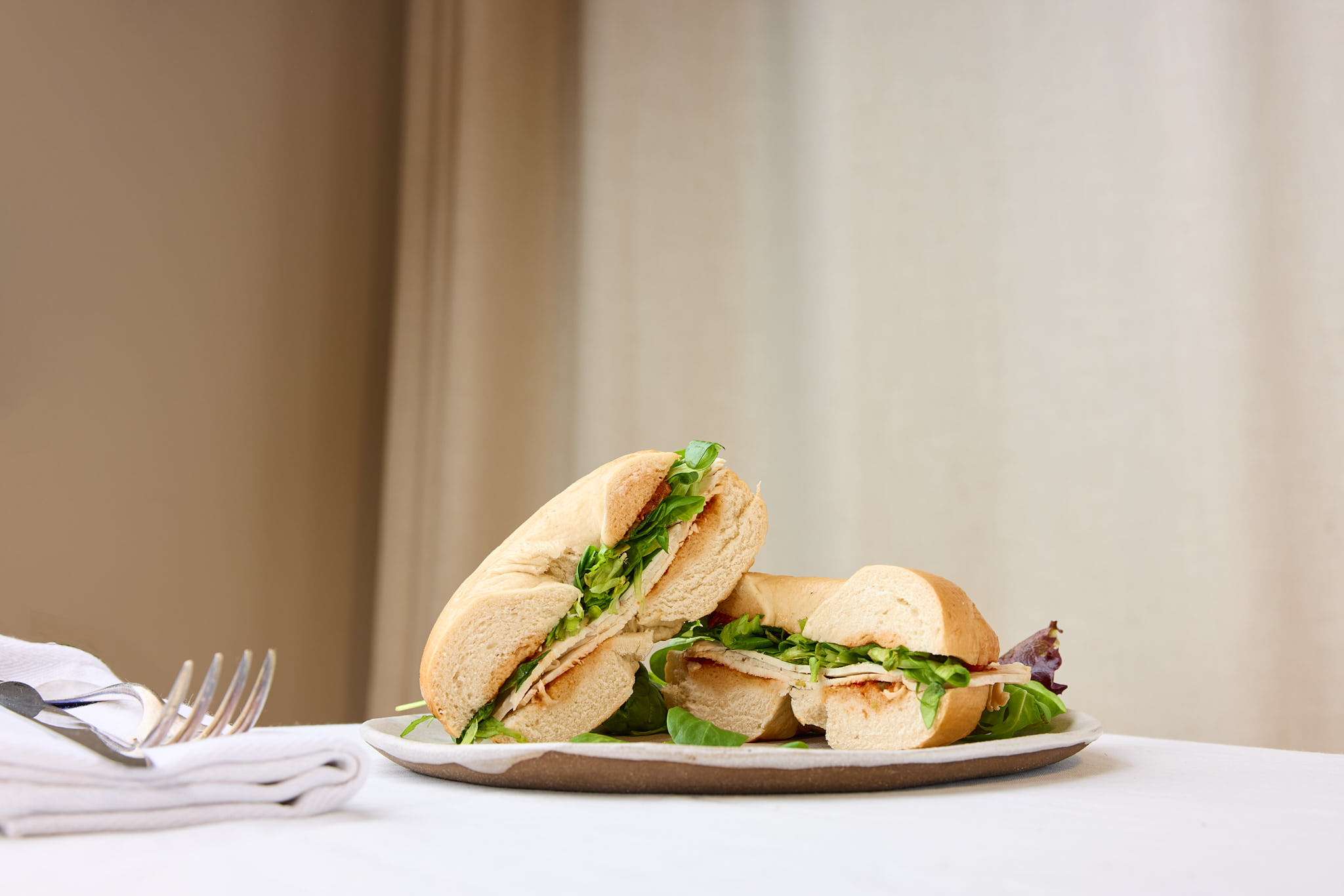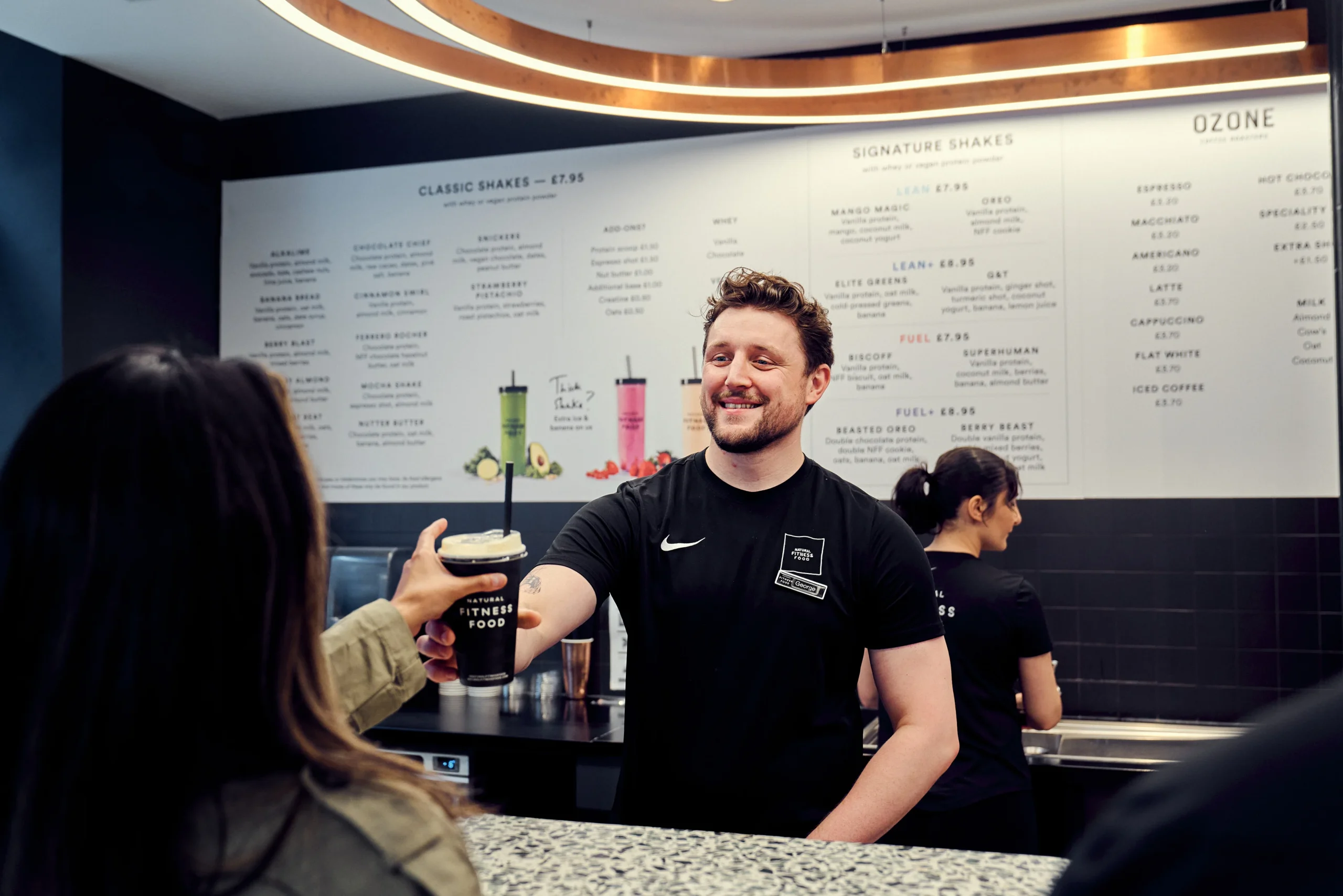- Linkedin Share
- Twitter Tweet
- Email Share
- Copy link Copy link Copied to clipboard
More than just a nutritional buzzword, gut health is hugely important to your overall well-being — including your athletic performance and recovery. It also impacts your resilience against various illnesses. “Increased microbial diversity has many health benefits including better immunity and higher resistance to illness and infections,” explains Rachel Butcher, Head of Nutrition at Natural Fitness Food. “It also lower rates of obesity as well and has a positive impact on digestion, mood, weight, and disease risk.”
As Butcher explains, a 2020 review suggested that gut microbiota could influence performance and having a more diverse microbiota may be more beneficial when it comes to improving athletic performance. “The mechanisms as to why or how this seems to be the case are not yet fully understood but it is likely there are several indirect effects that result in a performance-enhancing effect,” says Butcher. “The review concluded that the gut microbiota plays a key role in controlling oxidative stress and inflammatory responses as well as improving metabolism and energy expenditure meaning you’re able to train more effectively, with improved recovery.”
Which foods, however, should you be stocking up with? Below, Butcher has assembled your next shopping list. If you can, try to avoid highly-processed foods in the process. “These contain ingredients that either suppress ‘good’ microbes or increased ‘bad’ microbes,” says Butcher.
Plant-based Foods
“Try to get as many different varieties of fruit, veg, whole grains, nuts, seeds and pulses in your diet as possible,” says Butcher. “Aim for 30 a week – variety is key because each contains different nutrients that the microbes thrive on.”
Berries and Nuts
“Berries and nuts contain polyphenols that encourage the growth of ‘good’ microbes as well as having antioxidant properties,” says Butcher.
Fermented Foods
“Live organisms found in yoghurt, kimchi, sauerkraut, kefir, miso and kombucha are great,” says Butcher. “These exert their effect as they go through the gut.”
Prebiotics
“These are a specific type of fibre, often called non-digestible carbohydrates. Our gut bacteria like to ferment them which can change the composition of your gut microbes by stimulating growth of beneficial bacteria,” says Butcher. “Great sources include onions, garlic, leeks, banana, asparagus, artichokes, olives, apples and plums as well as wholegrains like oats, bran and nuts such as almonds.”
There is no one-size-fits-all approach to nutrition – our requirements are as
unique as we are. If you’d like to begin implementing a personalised approach to
your nutrition, take a look at our 6-week nutrition programme guided by Rachel:
Personalised Nutrition Programme
With a growing number of health conscious people either making the switch to being vegan or eating a more plant based diet, one question is becoming increasingly common. If you stop eating animal produce, will you become deficient in certain nutrients? The answer is, helpfully, maybe.
But while the internet is obsessed with vegans and getting enough protein, one of the most obvious nutrients that really needs addressing is creatine. After all, It’s only found in meat and fish, or synthesised in the body.
The average person needs 1-3g of creatine per day and according to the International Society of Sports Nutrition (ISSN) athletes may need to consume between 5-10g per day to maximise performance.
Creatine is a molecule that is stored as high-energy phosphates in the form of phosphocreatine, which help produce ATP (adenosine triphosphate). It sounds complicated, but it’s simple. ATP is the primary energy used by the body during periods of high energy, such as intense physical or mental activity. Creatine helps you to produce more of it. Which is a good thing.
The primary benefits are improvements in strength and power output that can also help with increases in lean mass and faster, more complete recovery (certainly when training following an injury).
About half of your body’s creatine supply comes from your diet (meat and fish), so if you have a prolonged period following a plant based diet there is certainly a good argument to use a supplement. However, supplements do not make you stronger and more powerful without the effort. They can help, but you’re talking about small percentages. Training, sleep and overall nutrition are still the key, but then layering in supplements can help to take you to the next level. A couple of classes a week isn’t going to drastically increase your needs for high levels of creatine, however.
And therein lies the interesting distinction. Making the switch to veganism simply to improve health will mean you have less creatine, but there’s no need to supplement. However, if you’re making the nutritional switch and want to maintain optimum performance as an athlete, then it’ll probably help to cover your back with a little extra. It can stop any reduction in your training output or recovery capabilities, so pop a cap.




